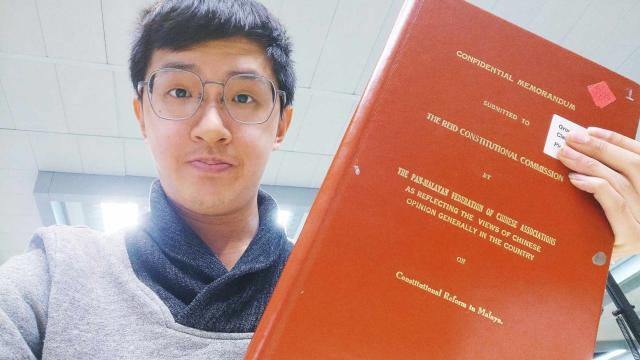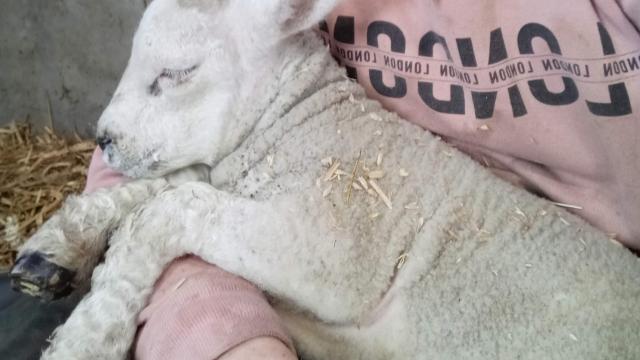
Please find the latest information for staff and Fellows about COVID-19 testing and how St Catharine’s College is responding to the latest official advice.
If staff have any concerns not covered by these FAQs, please contact your line manager.
If Fellows have any concerns not covered by these FAQs, please contact the Bursar (bursar@caths.cam.ac.uk).
In addition, you can access the advice that the College is providing our students with at https://www.caths.cam.ac.uk/faq
How does testing work if I have symptoms?
We still strongly encourage anyone with symptoms of possible COVID-19, including minor symptoms, to get tested.
The University’s Testing Pod on Fen Causeway will continue to operate until further notice. Free testing should be booked through the University's online form (use the drop down menu to select 'Staff member or student of the University of Cambridge') for:
1. High temperature – this means a feeling of feverishness, or a measured temperature above 37.8° C
2. New cough – this means a new intermittent or persistent cough, or worsening of your usual cough (if you have one)
3. A loss or change in your sense of taste or smell, particularly in the absence of nasal congestion
4. Headache
5. Sore throat
6. Runny nose
7. Muscle aches
8. New hoarseness
9. New shortness of breath
10. A new wheeze
NHS testing is also available (out of hours) for symptoms 1–3. When you book a test, remember to follow the important steps outlined on the main FAQ about COVID-19, to help us support you and limit the spread of infections.
The University offers symptomatic tests to students, University and College staff, certain defined affiliates, and individuals who live in a household with University or College staff or students, but who are not themselves staff or students. This enhanced testing is subject to capacity. Swabs are sent to the lab the same day and results are reported a further 48 hours later – please do not phone or email for your results. Find out more about the University's testing capabilities and book a test.
How does testing work if I don't have symptoms?
- From 1 April, the Government will no longer provide free lateral flow tests (LFTs) for the general public in England
- In the meantime, staff and students are no longer expected to continue regular asymptomatic testing and should follow testing advice for the general population
- That general advice provides the following criteria for using LFTs:
- you're eligible for new COVID-19 treatments
- you visit someone who is at higher risk of getting seriously ill from COVID-19
- you tested positive for COVID-19 and want to check if you're still infectious after 5 days – find out about doing rapid tests if you're staying at home
- you work, volunteer, or visit somewhere that's high risk
- However, LFTs continue to be free and available to order online for other groups
What you need to do
- In addition to the Government’s criteria and if you still have access to LFTs, it makes sense to use them before gatherings like lectures, bops and formal halls – it won’t always be clear if someone else attending is at higher risk. Use of LFTs in this way should be based on individuals, or groups of individuals, making their own decisions, rather than organisers requiring LFTs be taken
- If you test negative with an LFT, please report your test result to the Government.
- If you test positive with an LFT, you MUST self-isolate and follow the instructions in our flow diagrams for staff and Fellows, including reporting your test result to covid19@caths.cam.ac.uk and completing the University’s COVID-19 monitoring form.
- As we approach 1 April, we encourage everyone to make the most of this period of adjustment – reflecting on how helpful LFTs have been for our own wellbeing and protecting our community, and also how we learn to live without LFTs (like we did before early 2021)





